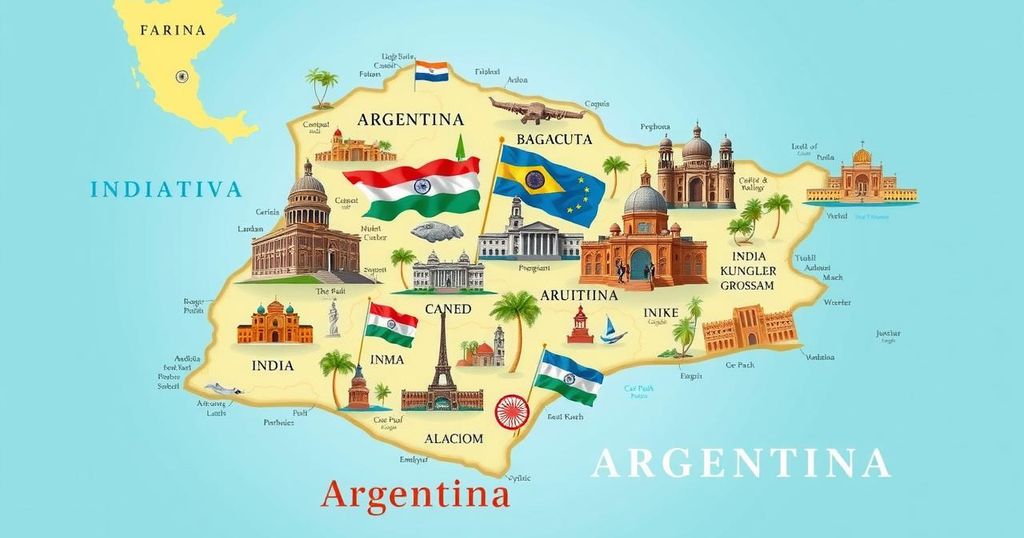South Sudan Faces Renewed Conflict Amid Rising Tensions and Violence
South Sudan is on the brink of war following a U.N. helicopter attack that escalates existing tensions. The conflict involves a clash between the national military and an opposition force. Political arrests and humanitarian aid cuts worsen the situation, heightening fears of a civil war. Uganda’s military presence underscores regional implications, while calls for dialogue grow stronger among international bodies.
South Sudan is once again facing the threat of war following a recent attack on a United Nations helicopter during an evacuation mission. One crew member was killed, and two others were significantly injured while rescuing wounded government soldiers in Upper Nile State. This incident prompted the United States to withdraw all nonemergency government employees, citing escalating security threats. Such developments have raised concerns regarding the fragility of the peace deal signed seven years ago, amid enduring political tensions.
The conflict primarily involves the South Sudanese national military, led by President Salva Kiir, and an opposition force known as the White Army, which is associated with Vice President Riek Machar. Both leaders were once on opposing sides during the civil war that erupted in 2013, which led to a tenuous peace agreement in 2018. Despite this agreement, political and ethnic tensions persist, contributing to continuous violence and significant humanitarian crises in the region.
The recent escalation has roots in allegations by Mr. Machar’s coalition, which claims that the government targeted his allies by detaining numerous political and military leaders. In retaliation, the government accused the White Army of assaulting a military garrison and subsequently arrested key figures, raising concerns about attempting to suppress opposition. The U.N. helicopter attack on March 7 highlighted the deteriorating security situation, leading analysts to fear a potential collapse of governmental structures in South Sudan.
The humanitarian situation has been exacerbated by cuts in American aid, with $760 million allocated in 2023 for emergency programs. Aid organizations report worsening food insecurity and health crises in the region due to limited humanitarian assistance and challenges in delivering aid amid ongoing violence and bureaucratic obstacles.
Uganda has recently deployed its special forces to secure Juba and reaffirm support for President Kiir. The Ugandan military emphasized that any opposition against Kiir would be viewed as a declaration of war. This development is concerning, particularly alongside the ongoing civil conflict in neighboring Sudan, which has already disrupted South Sudan’s oil export capabilities and heightened tensions in the region.
Looking forward, the United Nations and regional authorities are advocating for dialogue and de-escalation to resolve the ongoing crisis. Regional leaders have urged for the release of detained officials and called for reforms to facilitate a successful transitional period before upcoming elections. Collaborative efforts are essential to stabilize South Sudan and avert a return to civil strife.
In summary, South Sudan’s stability is jeopardized by a series of violent escalations stemming from political disputes, ethnic tensions, and external interventions. The recent attack on a U.N. helicopter serves as a stark reminder of the fragile peace within the nation, while foreign aid reductions further complicate humanitarian challenges. National and regional leaders must prioritize dialogue to navigate the complexities of their governance and avert potential conflict escalation.
Original Source: www.nytimes.com




Post Comment